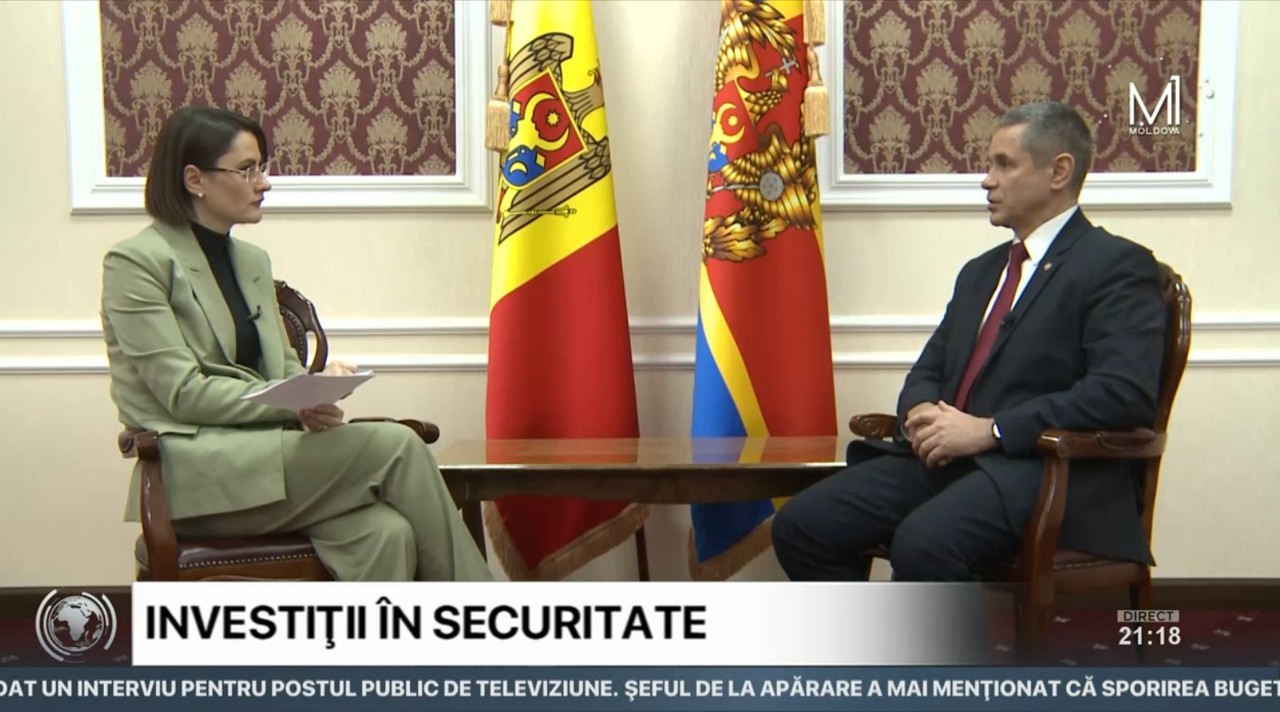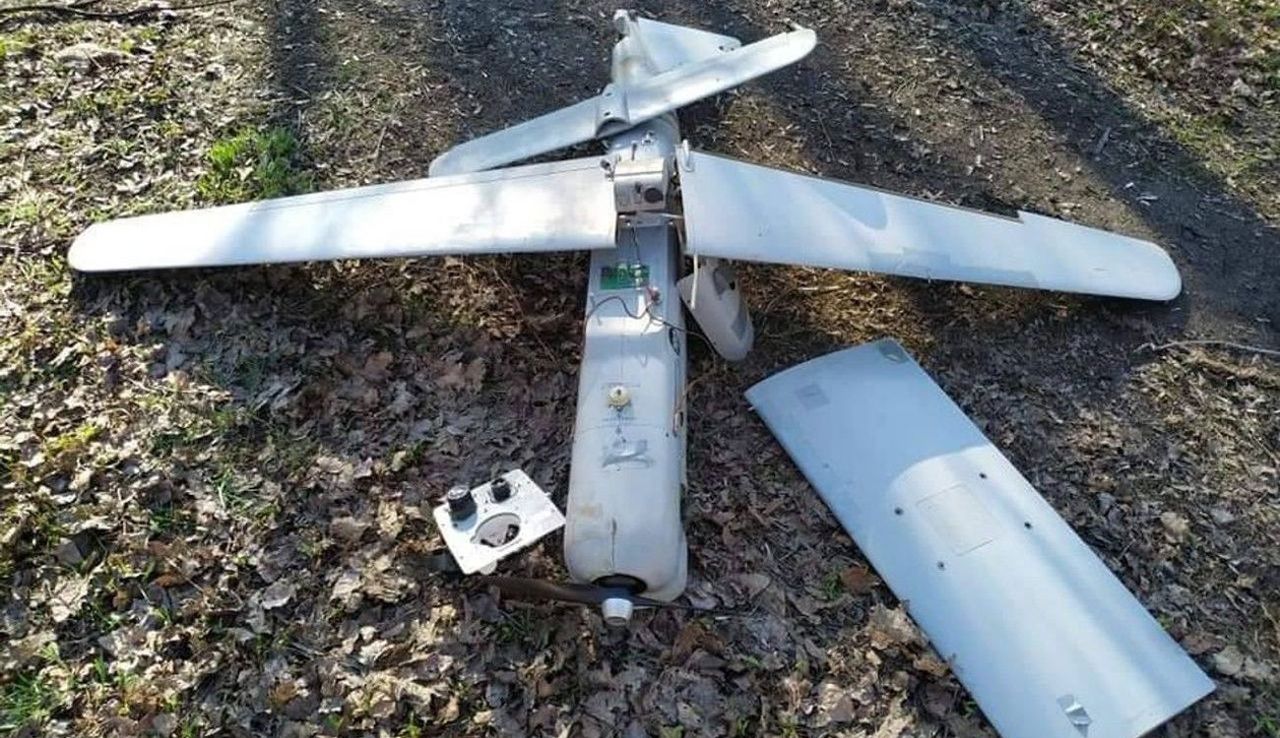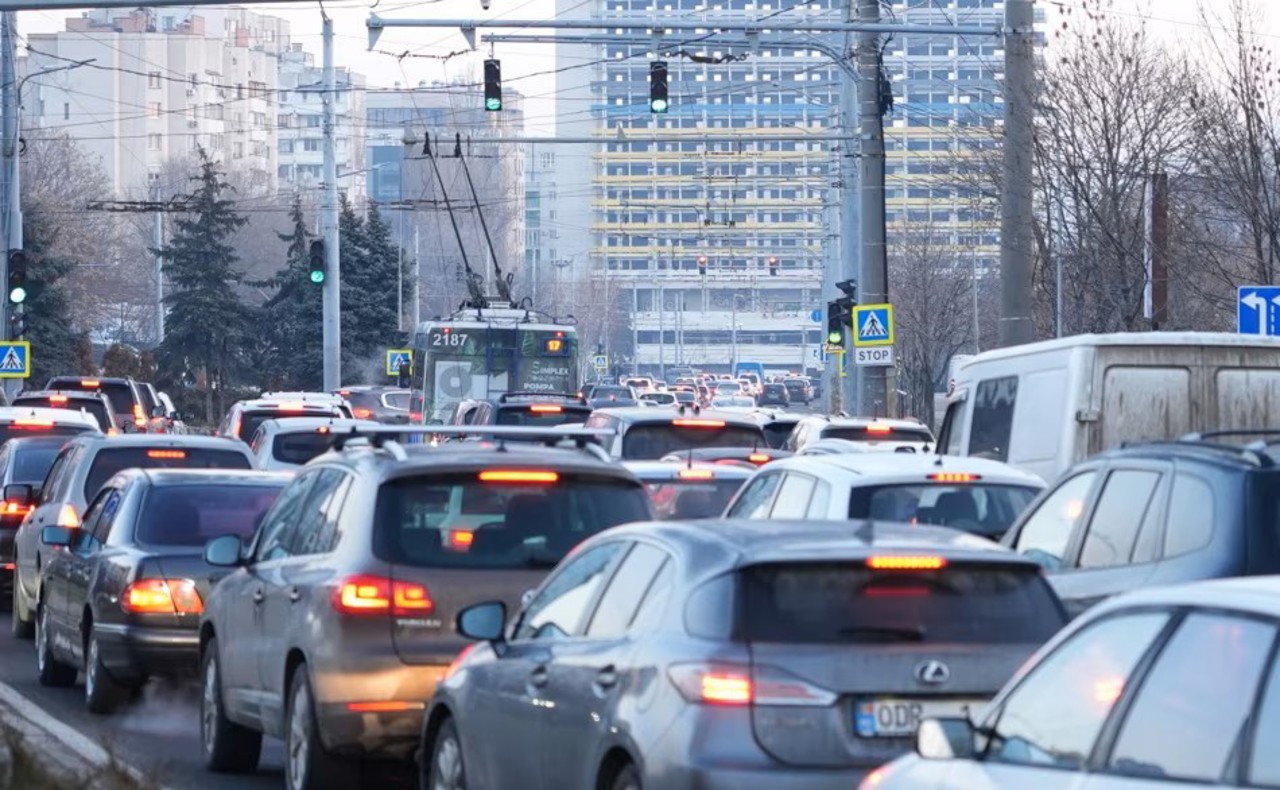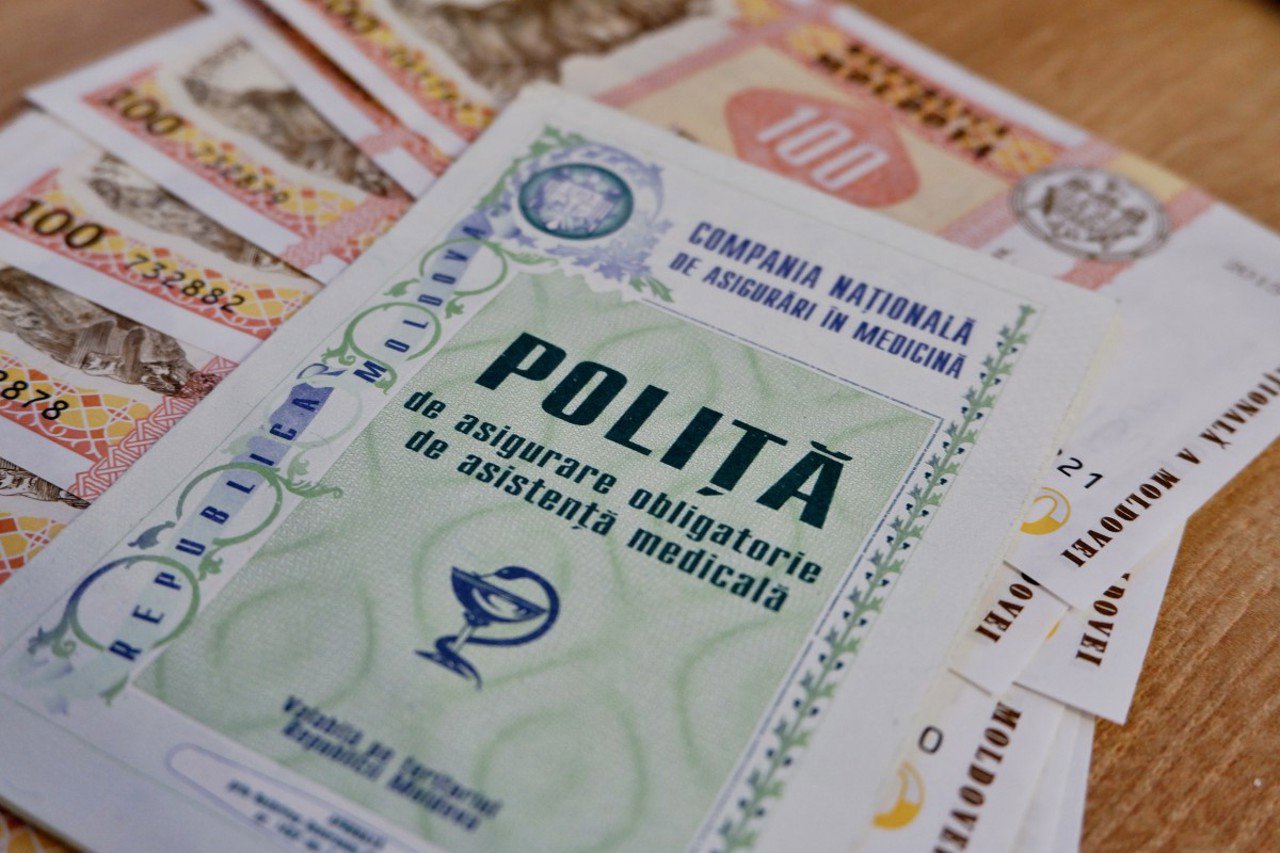Moldova bolsters defences as Russia remains top security threat
Moldova is strengthening its military capabilities and seeking closer ties with the European Union amidst ongoing tensions with Russia, according to Defense Minister Anatolie Nosatîi.

In a recent interview with Moldova 1, Nosatîi highlighted Russia's hybrid war against Moldova and the illegal stationing of troops in Transnistria as key security concerns.
"The Russian Federation is the one that makes us have a tense situation in Moldova," Nosatîi stated. "These tensions are reflected as a result of the hybrid war waged against Moldova, the illegal stationing of Russian Federation troops in Transnistria, the presence of ammunition depots, and many others."
Investing in Resilience:
To counter these threats, Moldova is ramping up its defence spending. The 2023 budget for the National Army was doubled, representing 0.55% of GDP. This year's allocation is expected to be nearly 0.6% of GDP, focusing on improved air surveillance and soldier well-being.
"These additional allocations have allowed us to start military procurements," Nosatîi explained. "And this radar that recently arrived is acquired from national sources. This shows that, with allocations, we can invest more in security."
A crucial addition to Moldova's arsenal is a French-made air surveillance system, operational since December 2023. This technology allows for early warning of potential threats, particularly vital given the ongoing war in neighbouring Ukraine.
"We have advanced quite a bit," Nosatîi said. "We had some visits together with our specialists to determine what kind of systems we need, how many and where they would be better positioned, which will allow us to have a developed architecture for air space surveillance."
Modernization and EU Aspirations:
Beyond immediate security concerns, Nosatîi emphasised Moldova's commitment to EU integration. He sees a strong, resilient Moldova with robust national defence capabilities as a prerequisite for achieving this strategic objective.
"The political document of the National Security Strategy determines a few major priorities," Nosatîi concluded. "We must be a strong country, with national resilience capabilities in all areas, we must go determinedly to achieve the strategic objective of integration into the European Union and to maintain peace and security."
The construction of a new military base in Băcioi further underscores Moldova's commitment to modernization and enhanced defence preparedness. Replacing outdated Soviet-era facilities scattered throughout Chisinau, the base will improve troop mobility and reduce disruptions to civilian life.
Uncertain Future:
While Moldova's efforts to bolster its defences and pursue EU integration are commendable, the path ahead remains challenging. The ongoing war in Ukraine and the unpredictable nature of Russia's intentions continue to cast a shadow over the region.
Despite these uncertainties, Moldova's proactive approach to strengthening its security and aligning with European values demonstrates its determination to build a safer and more prosperous future.
Translation by Iurie Tataru





